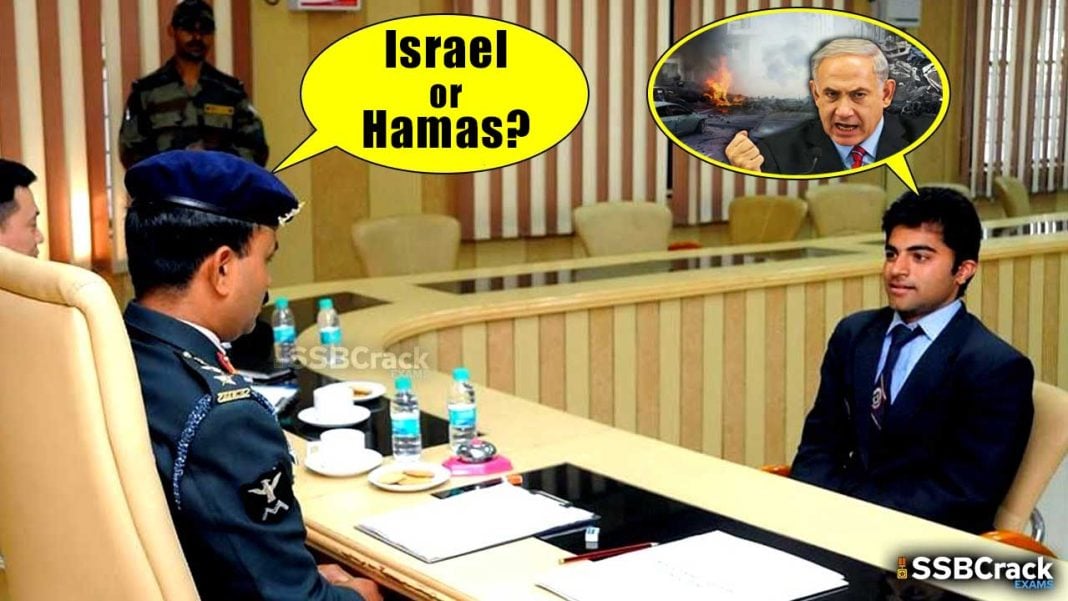21. Q: How has the role of women evolved in the Israeli-Palestinian conflict?
A: Women have taken roles as activists, fighters, peacemakers, and community leaders on both sides. Organizations like “Women Wage Peace” promote a peaceful resolution. However, traditional gender norms in some areas can limit female participation in formal negotiations.
22. Q: How have recent discoveries of natural gas in the Eastern Mediterranean impacted the conflict?
A: Gas discoveries present economic opportunities but also challenges. They’ve led to regional cooperation (like between Israel and Egypt) but also raise questions about resource rights, especially for Gaza, which sits near potential reserves.
23. Q: What are the main internal divisions within the Palestinian territories?
A: Beyond the obvious Hamas-Fatah split, there are ideological, generational, and regional differences. The West Bank has its own socio-political dynamics, different from those in Gaza, and there’s a diaspora Palestinian population with its perspectives.
24. Q: How do Israel’s internal politics influence its approach to the conflict?
A: Israel’s multi-party system means coalition politics often influence policy. Parties range from secular to religious, left to right, with varying views on settlements, peace negotiations, and security measures.
25. Q: How has digital media influenced perceptions of the conflict?
A: Social media has democratized information flow, allowing real-time sharing of events. This can mobilize international opinion but also spread misinformation or propaganda.
26. Q: How have regional upheavals, like the Arab Spring, impacted the Israeli-Palestinian dynamic?
A: The Arab Spring shifted regional alliances and priorities. While some hoped it would bolster Palestinian statehood aspirations, in many cases, regional instability made states more risk-averse.
27. Q: How does environmental cooperation (or lack thereof) play a role in the conflict?
A: Water scarcity and environmental issues can either exacerbate tensions or foster cooperation. The joint management of water resources, for instance, has been both a point of contention and collaboration.
28. Q: What are “Area A”, “Area B”, and “Area C” in the West Bank?
A: These divisions come from the Oslo Accords. Area A is under Palestinian civil and security control, Area B under Palestinian civil and joint Israeli-Palestinian security control, and Area C, which constitutes about 60% of the West Bank, is under full Israeli control.
29. Q: How has the Christian population in the region been affected by the conflict?
A: Christians, particularly in Palestinian areas, have faced challenges tied to the broader conflict, leading to emigration and a decline in their numbers. They also play mediating roles, given their connections to global Christian communities.
30. Q: How do legal frameworks, both Israeli and international, influence the status of settlements and occupied territories?
A: Israel has its legal justifications for settlements, but internationally, they’re largely seen as illegal under the Fourth Geneva Convention. The interplay between Israeli law, military orders, and international law creates complex legal scenarios.






Vudesh